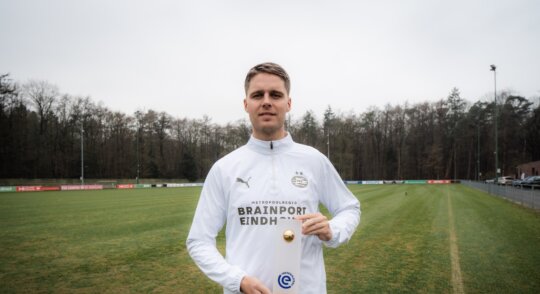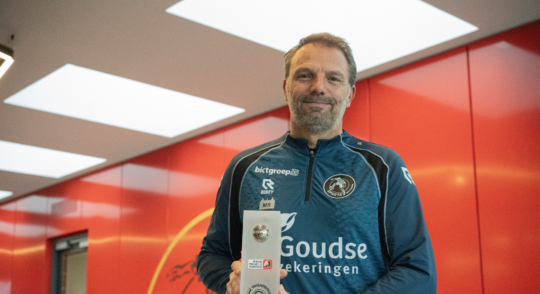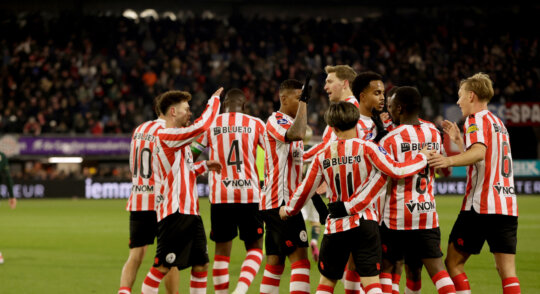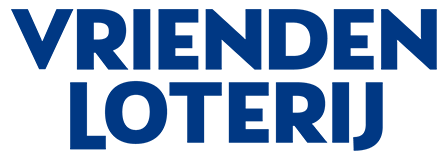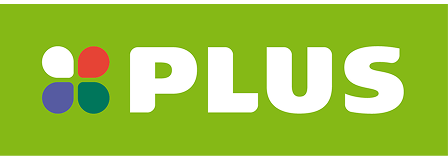The Eredivisie becomes the first league in Europe to redistribute a share of club revenues from UEFA club competitions among non-participating clubs.
The change agenda
A year ago the clubs in the Eredivisie unanimously decided to strive for continued development and improvement of the quality of Dutch professional league football. This should lead to the 8th position on the UEFA ranking, packed stadiums and additional income for the clubs. The change agenda has been established and consists of five topics.
On Thursday 15 November 2018, following an intensive process, a final agreement was reached on a wide package of changes. Clubs in the Eredivisie have shown that they can also take effective decisions that are in the interest of the Eredivisie and Dutch football, while this is not always consistent with the interests of clubs at the individual level.
Below is a list of the main changes that will take place concerning each topic.
1. Greater solidarity in the distribution of revenues between clubs
Higher degree of proportionality in the current distribution model for media revenues
5% of media revenues will be distributed when the 2020/'21 season starts, based on proportionality between all 18 Eredivisie clubs. 95% of media revenues will be distributed when the 2020/'21 season starts, based on the existing media distribution model. This results in a 10% improvement in the money distribution ratio per balance. The ratio will be 1:4.8, instead of 1:5.3.
Solidarity of clubs playing at the UEFA club competitions
5% of UEFA revenues that Eredivisie clubs receive as a result of their participation in the group stage of one of the European club competitions organised by UEFA, starting from the 2019/'20 season, will be released for redistribution between participants in the Eredivisie that do not participate in any UEFA club competitions. In the case of revenues after the group stage the percentage is 3.75%. This makes the Eredivisie the first European league in which solidarity in this way happens.
New solidarity-oriented distribution of revenues for clubs not participating in UEFA (UCC) competitions
Currently distributed 100% between all non-participating Eredivisie clubs. This changes to:
-
85% between all Eredivisie clubs concerned and
-
15% between all Eerste Divisie clubs.
Linked, in all cases, to having a youth training programme. For this season the total amount to be distributed in this context is €4,500,000.

2. Investing in the quality of youth training programmes
Youth training
It is compulsory for Eredivisie clubs to have a youth development academy, at least at the level of regional youth training in association with amateur clubs.
Reserve <23 teams
The Eredivisie provides support for keeping reserve <23 teams in the second division (Eerste Divisie) and Ajax and PSV have pledged to pay a fee for this purpose.
System of national training compensation fees
Eredivisie clubs believe that the age at which training compensation fees enter into force on a domestic level must be lowered to the player age of eleven.
Domestic training compensation fees will increase significantly as far as the Eredivisie is concerned
To encourage clubs to continue to invest in good quality youth training programmes the Eredivisie approach is to adapt the rules so that the training compensation fees, which clubs must pay one another if they take over a youth player, increase significantly to a maximum of €35,000 per training year, per player. The fees currently amount to €14,000 per training year.
Gentlemen's agreement
A gentlemen's agreement has been concluded between the clubs with the highest international youth development academy status. They will refrain from actively approaching talented young players with the aim of poaching them.
In the event this does happen, whether or not at the initiative of the young player, the training compensation fee of €35,000 per training year is paid by the club taking over the player to the club from which the player originated.
The same fee as mentioned above is paid once more by the acquiring club to the original club at the time the player has been actively involved in ten binding games of the first team of the acquiring club.
Quality of youth training programmes | First contract for a player from the age of 15 instead of 16
The Eredivisie supports a change in the rules and regulations that makes this possible.
Quality of youth training programmes | First contract for players for a maximum five-year period
This is the Eredivisie's ambition. This measure is good for club training programmes as well as for talented young players.

3. Change in the format in professional league football
Competition format
The Eredivisie remains unchanged in terms of the competition format.
Promotion/relegation rule
In consultation between the Eerste Divisie and the Eredivisie a specific proposal is going to be put forward for a promotion/relegation rule (P/R). Either the existing P/R rule or a P/R rule with two fixed and one flexible relegation.
Facilitation of clubs playing at UEFA club competitions | Match calendar
All clubs in the Eredivisie are obliged to cooperate in requests for matches to be moved in the interest of achieving an optimal match schedule for clubs playing in a UEFA club competition.
Facilitation of clubs playing at UEFA club competitions | TOTO KNVB
Clubs that qualify for the group stage of a European club competition will enter the TOTO KNVB Cup as of the final 32, on condition that they cannot meet in this round.
Match dates and start times
Match dates and kick off times, the start of the competition and winter break will be established (once more) by the clubs in consultation with, for example, FOX Sports and the fans.

4. Achieving equal match conditions in the Eredivisie
Clubs in the Eredivisie - that currently play their matches on an artificial turf pitch - will be encouraged to change to natural grass and/or hybrid pitches.
-
This does not constitute an obligation, but an incentive; clubs in the Eredivisie that play their matches on a hybrid or natural grass pitch, which achieves a high quality condition, will receive an extra contribution for effective pitch management at a maximum of €350,000 per season. This money comes from European revenues (see 1).
-
This does not apply to clubs that also play in the group stage of one of the UEFA club competitions.
-
The 'high quality' standard is established objectively and independently twice a year.
-
Clubs in the Eredivisie that currently play on artificial turf and change to natural grass or hybrid pitches to play their matches can make use of this regulation as of the first season in which they achieve this.
-
Clubs may - in the context of the changeover to natural grass or hybrid pitches - benefit from favourable financial conditions from the Dutch Football Association (KNVB).
-
Clubs in the Eredivisie that currently play on natural grass or hybrid pitches may not change to artificial turf in their stadium.

5. Continued development of the professional football sector
The role of the Eredivisie has been confirmed by the clubs
Its core tasks are:
-
To improve the quality and position of the Eredivisie.
-
To exploit the collective media and commercial rights of Eredivisie clubs.
This requires:
-
Control of all relevant aspects of the format, structure and progress of the competition.
-
The right mandate for Eredivisie CV to be able to take decisions and implement policy in the interests of the Eredivisie.
In order to:
-
Be able to represent all 18 clubs.
-
Be able to represent the interests of all 18 clubs to create a worthy Eredivisie.
And also to:
-
Continue to enhance the cooperation with the Coöperatie Eerste Divisie and the FBO, possibly resulting in a merger to produce a single league organisation.

Read more
